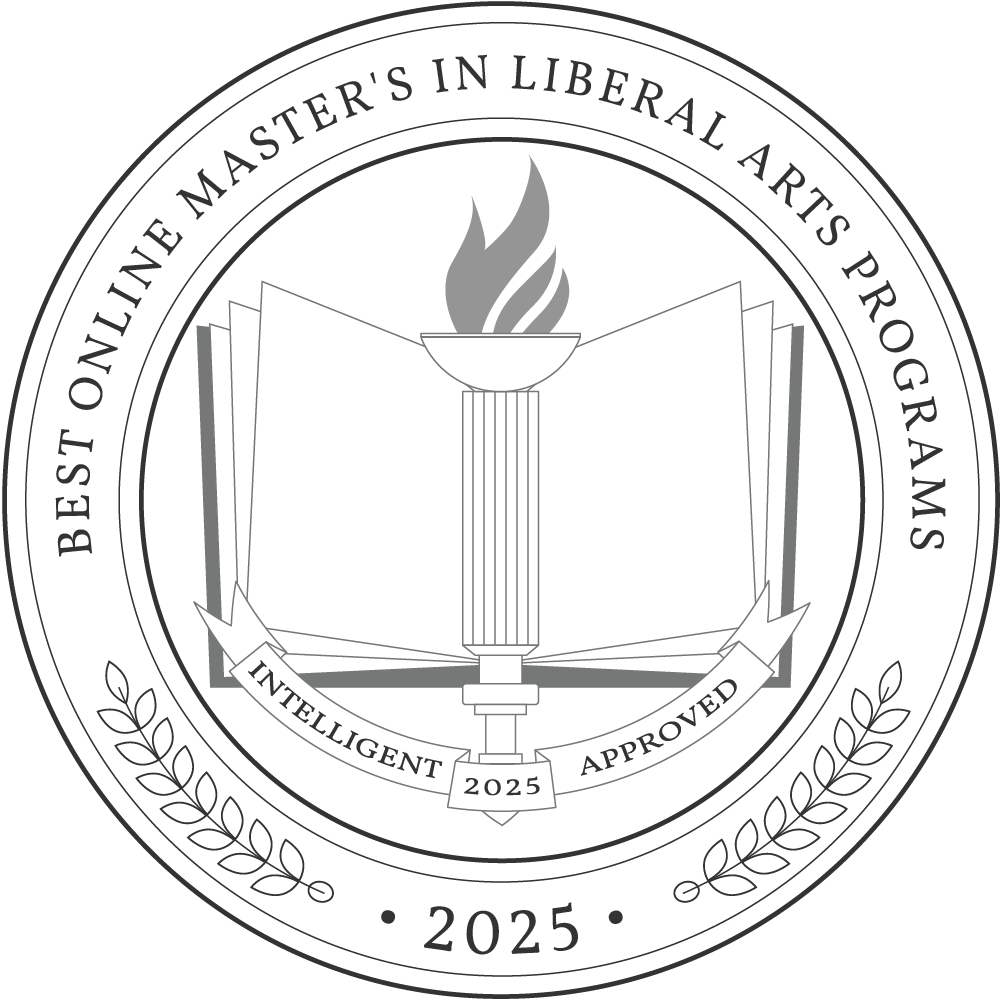Three of the top skills employers seek are communication, problem-solving, and adaptability. A master’s in liberal arts focuses on these skills, preparing students for careers in various areas, such as education, research, journalism, public relations, law, and social work.
Many of these careers fall within the education, training, and library occupations. The median annual salary for careers in these fields is $59,940, which is about $10,000 higher than the average income for all occupations combined.
The average annual tuition for graduate degree programs is $12,596 at public schools and $28,017 at private schools. Full-time students can generally expect to complete a master’s in liberal arts degree program within two years.
Why Trust Us
The Intelligent.com Higher Education Team is dedicated to providing students with independent, equitable school and program rankings and well-researched resources. Our expert-driven articles cover topics related to online colleges and programs, paying for school, and career outlooks. We use data from the U.S. Department of Education’s College Scorecard, the National Center for Education Statistics, and other reputable educational and professional organizations. Our academic advisory team reviews content and verifies accuracy throughout the year for the most current information. Partnerships do not influence rankings or editorial decisions.
- Analyzed over 2,000 national, accredited, and nonprofit colleges and universities
- 800+ rankings pages are reviewed and updated yearly
- Content is informed by reputable sources, surveys, and interviews with academic advisors and other experts
- Over 100 data points are reviewed for accuracy and quality throughout the year, including sources
How we rank schools
Our list features the best online Liberal Arts degree programs at top colleges nationwide. Each school featured is a nonprofit, accredited institution — either public or private — with a high standard of academic quality for post-secondary institutions.
We evaluated each school’s program on tuition costs, admission, retention and graduation rates, faculty, reputation, and the student resources provided for online students. We collected data from trusted sources like the National Center for Education Statistics, individual school and program websites, school admissions counselors, and other data sources. Then, we calculated the Intelligent Score on a scale of 0 to 100 based on the following criterion:
Academic Quality:
- Admission rate versus enrollment rate
- Retention rate of students who return after year one
- Accreditation status (regional and programmatic)
- Nonprofit status, both private and public institutions
Graduation Rate
- Overall graduation rate
- Total number of currently enrolled students, including diversity metrics
- Student-to-faculty ratio
Cost and ROI
- In-state and out-of-state per-credit tuition rates and fees
- Required credits to graduate
- Earning potential after graduation
- Availability of federal student loans, scholarships, and other financial aid options
Student Resources
- Available student services for online-only and hybrid programs
- On-campus amenities like tutoring centers and the number of libraries
Read more about our ranking methodology.
Best 14 Accredited Online Master’s in Liberal Arts Programs
FiltersInstitution Type
Status
- Intelligent Score
- Alphabetically By University Name
- Acceptance Rate
- Enrollment
- In-state Graduate Tuition
- Out-of-state Graduate Tuition
- In-state Undergraduate Tuition
- Out-of-state Undergraduate Tuition

Johns Hopkins University
Intelligent Score: 98.00In-state: $54,160
Out-of-state: $54,160
In-state: $57,010
Out-of-state: $57,010
SAT: 1470-1560
ACT: 34-36
$1,166
Online
Middle States Commission on Higher Education
30
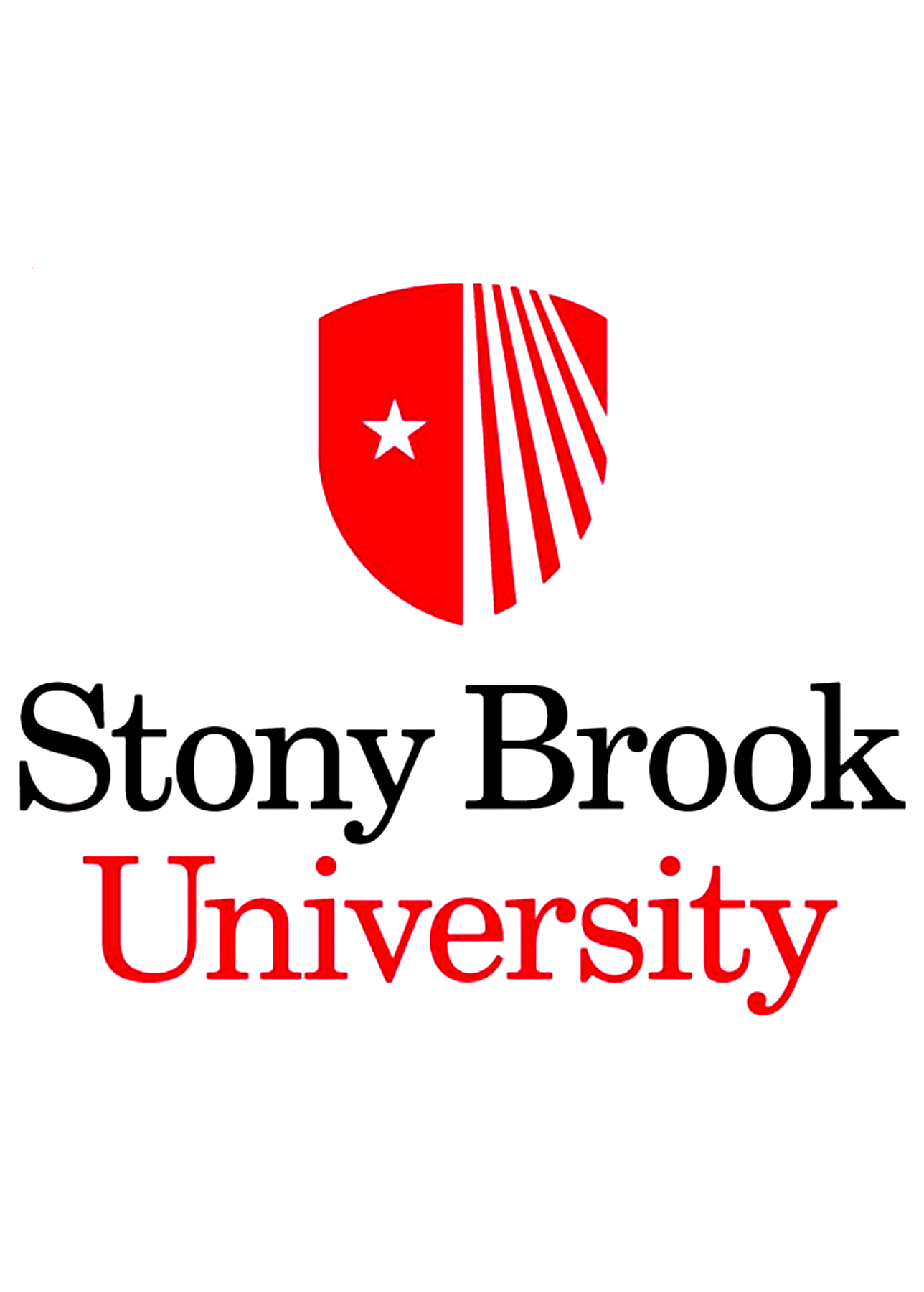
Stony Brook University
Intelligent Score: 97.99In-state: $7,070
Out-of-state: $24,740
In-state: $11,310
Out-of-state: $11,310
SAT: 1230-1440
ACT: 26-32
$565
Online, On-Campus
Middle States Commission on Higher Education
33
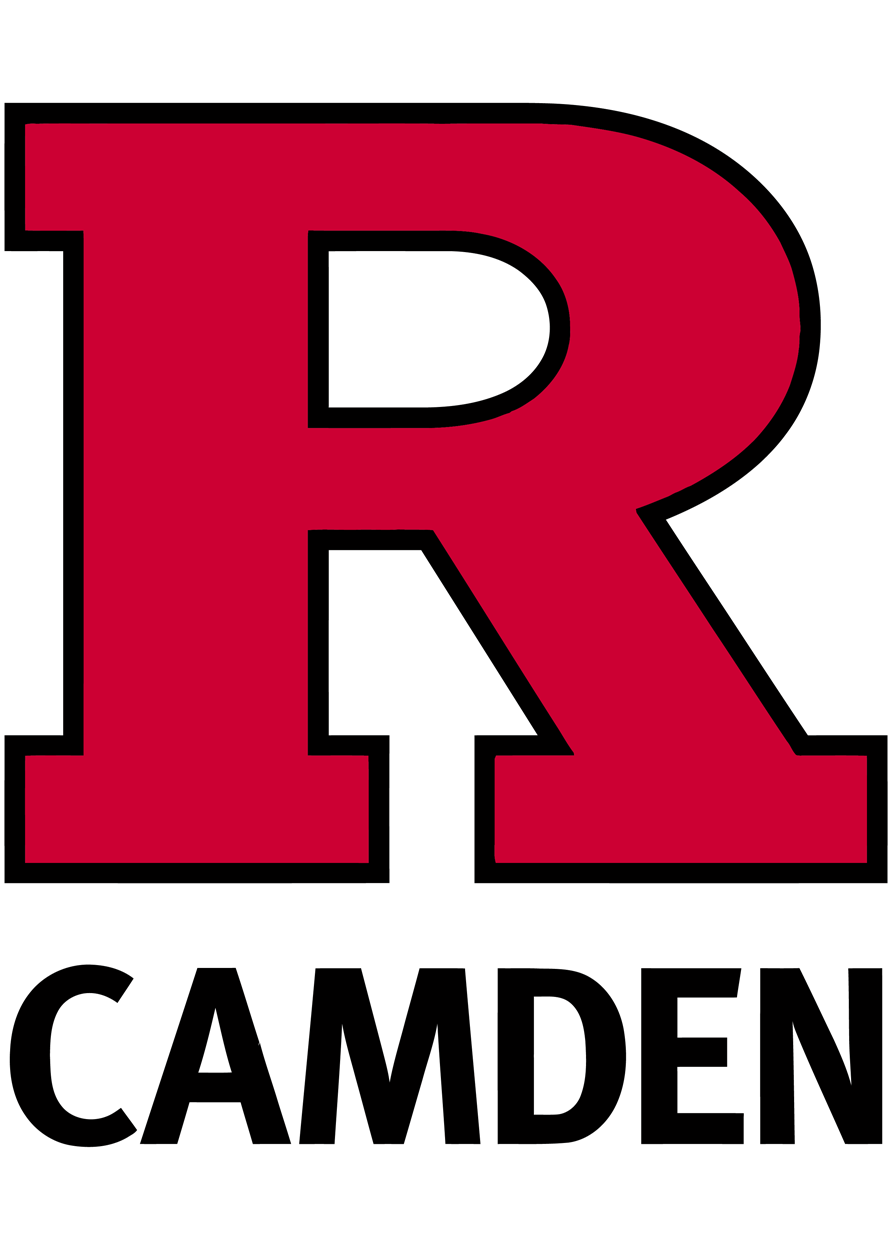
Rutgers University - Camden
Intelligent Score: 97.33In-state: $34,629
Out-of-state: $52,329
In-state: $11,706
Out-of-state: $11,706
SAT: 1000-1180
ACT: 25-30
$1,007
Online, On-Campus
Middle States Commission on Higher Education
30

Arizona State University
Intelligent Score: 96.85In-state: $10,710
Out-of-state: $28,800
In-state: $11,720
Out-of-state: $11,720
SAT: 1100-1320
ACT: 21-28
$576
Online
Higher Learning Commission
30
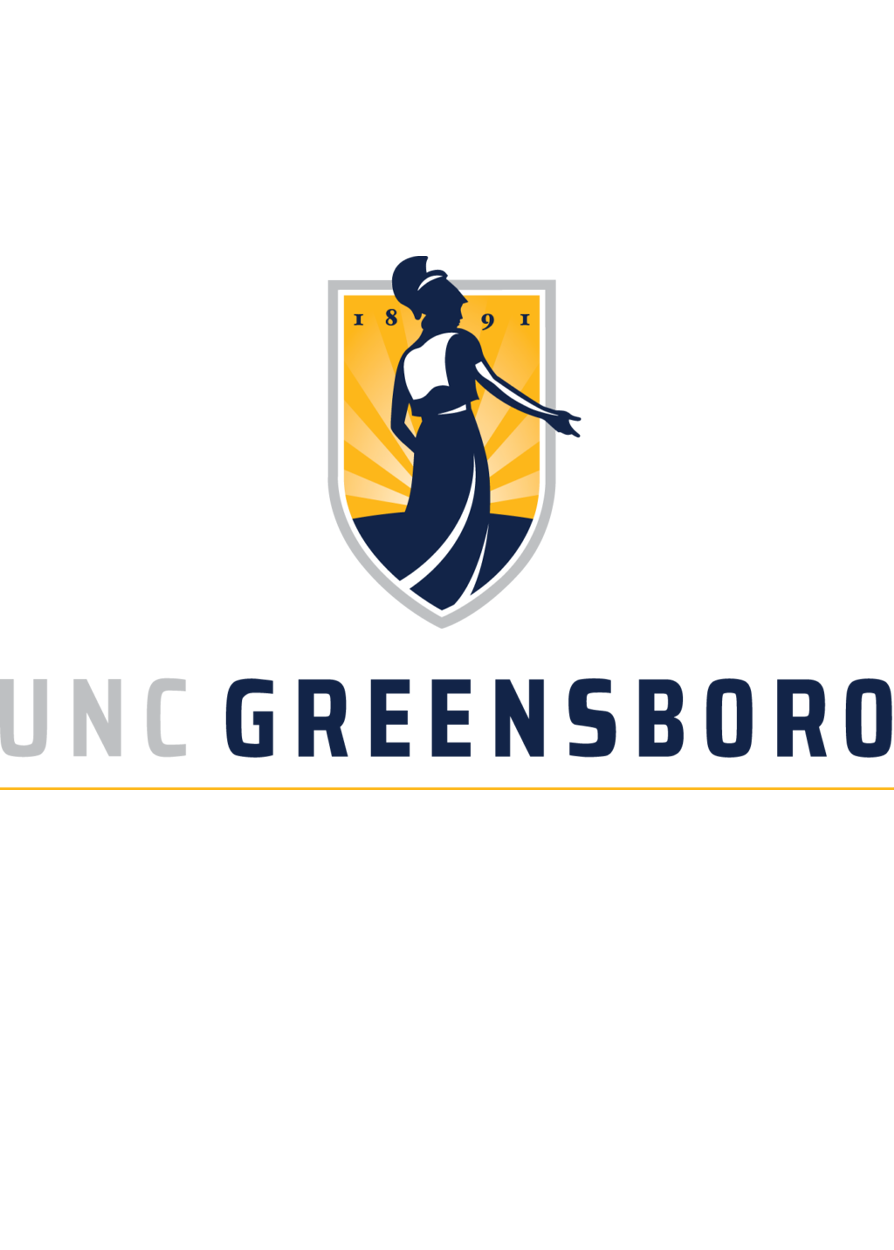
UNC Greensboro
Intelligent Score: 95.25In-state: $17,797
Out-of-state: $34,148
In-state: $20,960
Out-of-state: $20,960
SAT: NA
ACT: NA
In-State: $298
Out-of-State: $597
Online
Southern Association of Colleges and Schools Commission on Colleges
30

University of North Carolina Wilmington
Intelligent Score: 95.08In-state: $7,019
Out-of-state: $34,198
In-state: $10,552
Out-of-state: $10,552
SAT: 1280-1490
ACT: 28-33
In-State: $293
Out-of-State: $1,187
Online
Southern Association of Colleges and Schools Commission on Colleges
30
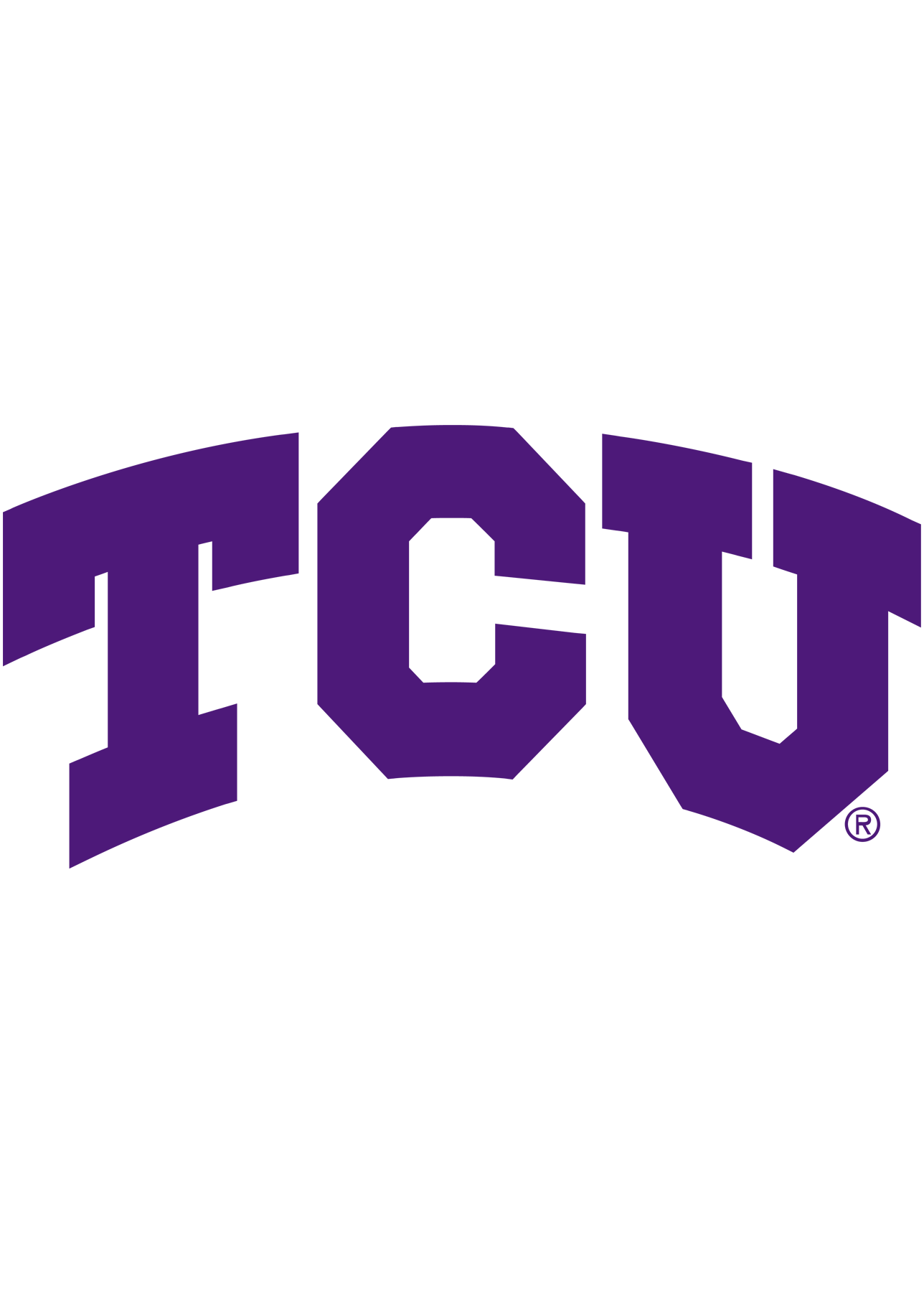
Texas Christian University
Intelligent Score: 93.87In-state: $51,570
Out-of-state: $51,570
In-state: $32,220
Out-of-state: $32,220
SAT: 1110-1320
ACT: 25-31
$1,235
Online
Southern Association of Colleges and Schools Commission on Colleges
30

Fort Hays State University
Intelligent Score: 93.74In-state: $4,140
Out-of-state: $14,580
In-state: $3,726
Out-of-state: $3,726
SAT: N/A
ACT: N/A
$319
Online, On-Campus
Higher Learning Commission
31

SUNY Brockport
Intelligent Score: 93.61In-state: $7,070
Out-of-state: $16,980
In-state: $11,310
Out-of-state: $11,310
SAT: 860-1060
ACT: N/A
In-State: $942
Out-of-State: $1,130
Online
Higher Learning Commission
30
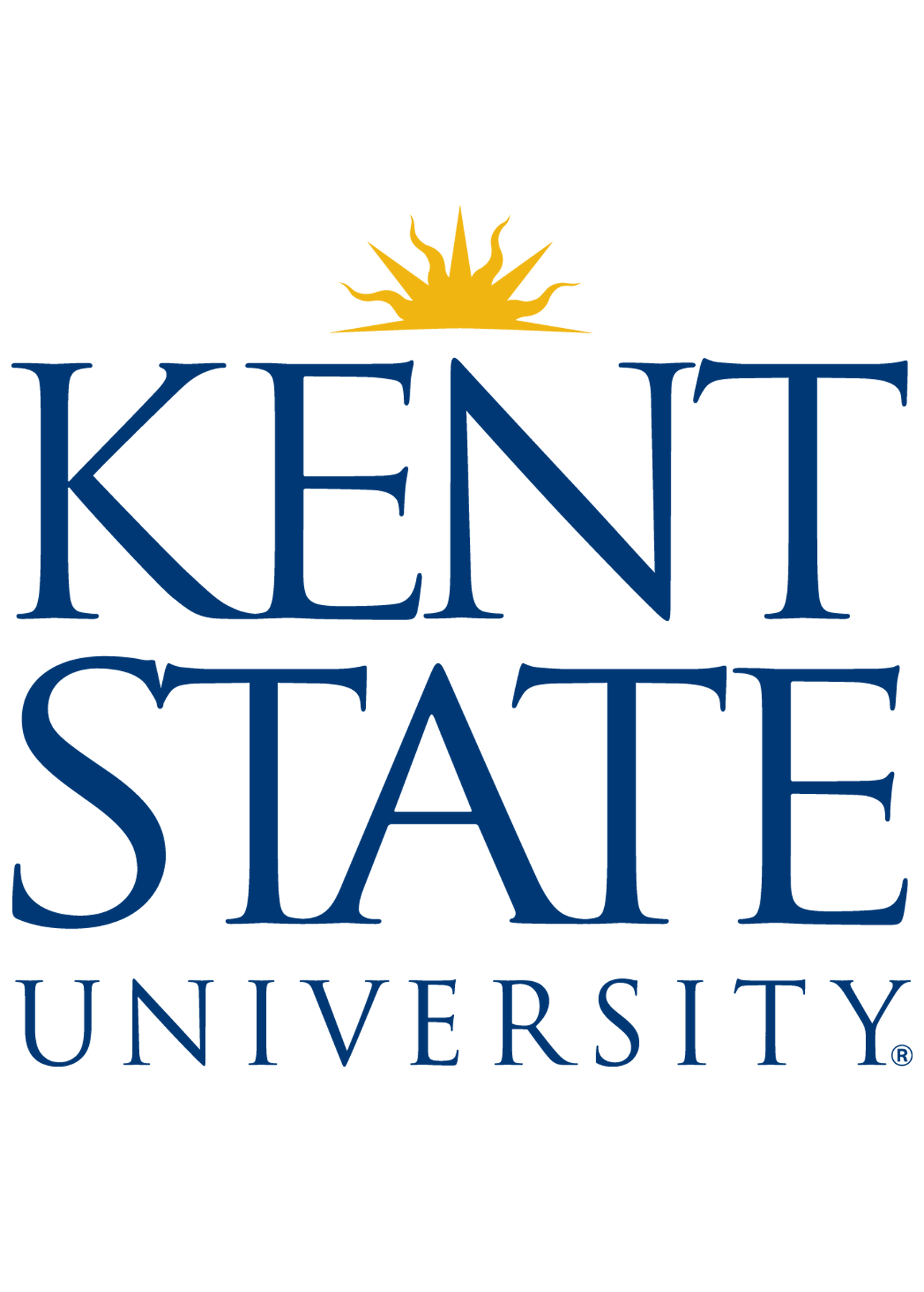
Kent State University
Intelligent Score: 93.61In-state: $10,810
Out-of-state: $19,686
In-state: $11,766
Out-of-state: $11,766
SAT: 1020-1210
ACT: 20-26
$573
Online
Higher Learning Commission
30
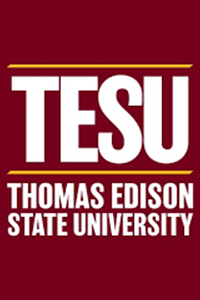
Thomas Edison State University
Intelligent Score: 93.45In-state: $14,742
Out-of-state: $16,926
In-state: $22,623
Out-of-state: $22,623
SAT: Not Required
ACT: Not Required
$675
Online
Middle States Commission on Higher Education
36
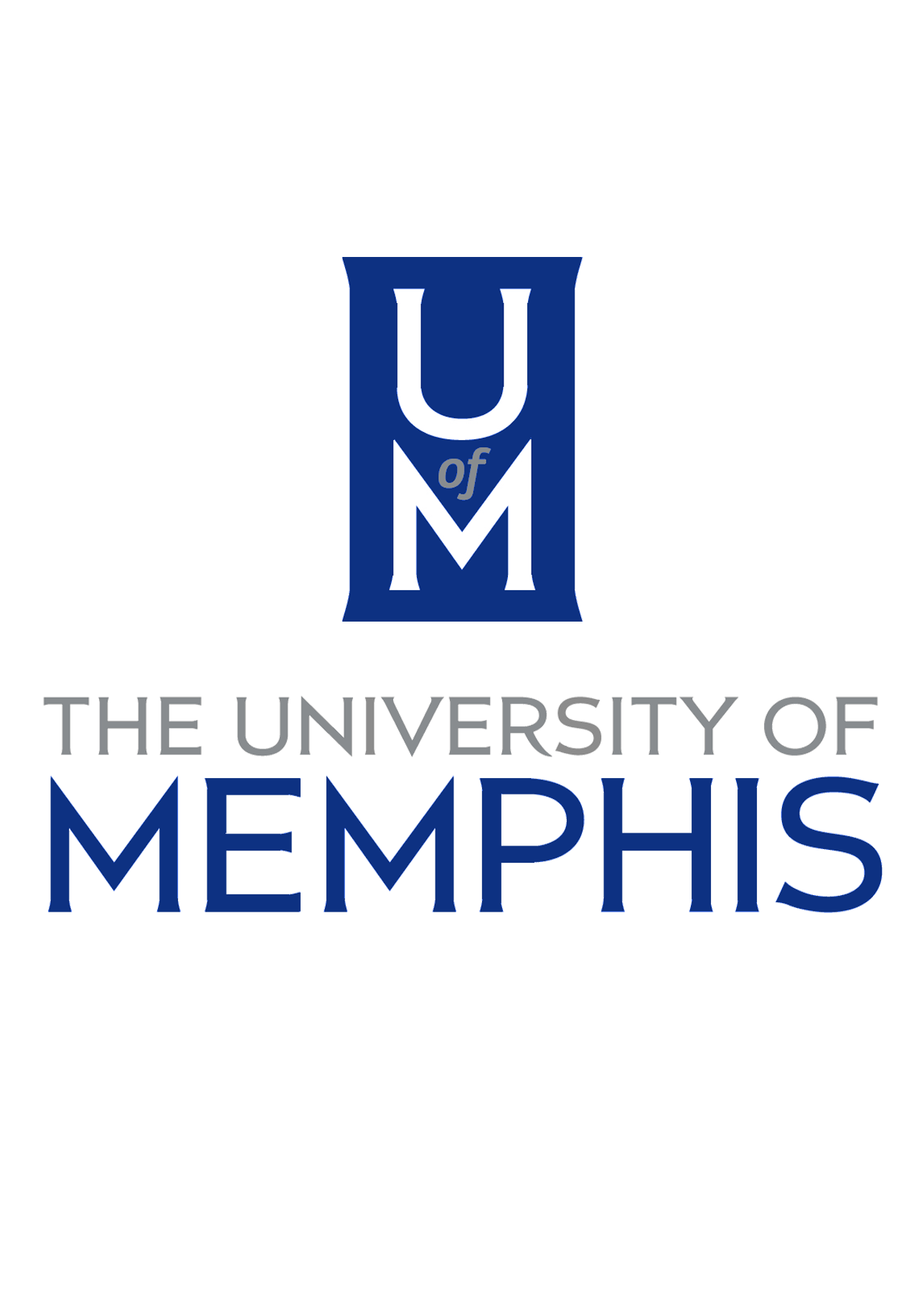
University of Memphis
Intelligent Score: 91.91In-state: $8,208
Out-of-state: $12,048
In-state: $9,216
Out-of-state: $9,216
SAT: 990-1200
ACT: 19-26
In-State: $532
Out-of-State: $755
Online
Southern Association of Colleges and Schools Commission on Colleges
33

University of Michigan-Flint
Intelligent Score: 88.55In-state: $16,520
Out-of-state: $53,669
In-state: $24,344
Out-of-state: $24,344
SAT: 1340-1520
ACT: 31-34
In-State: $868
Out-of-State: $1,083
Online
Higher Learning Commission
30
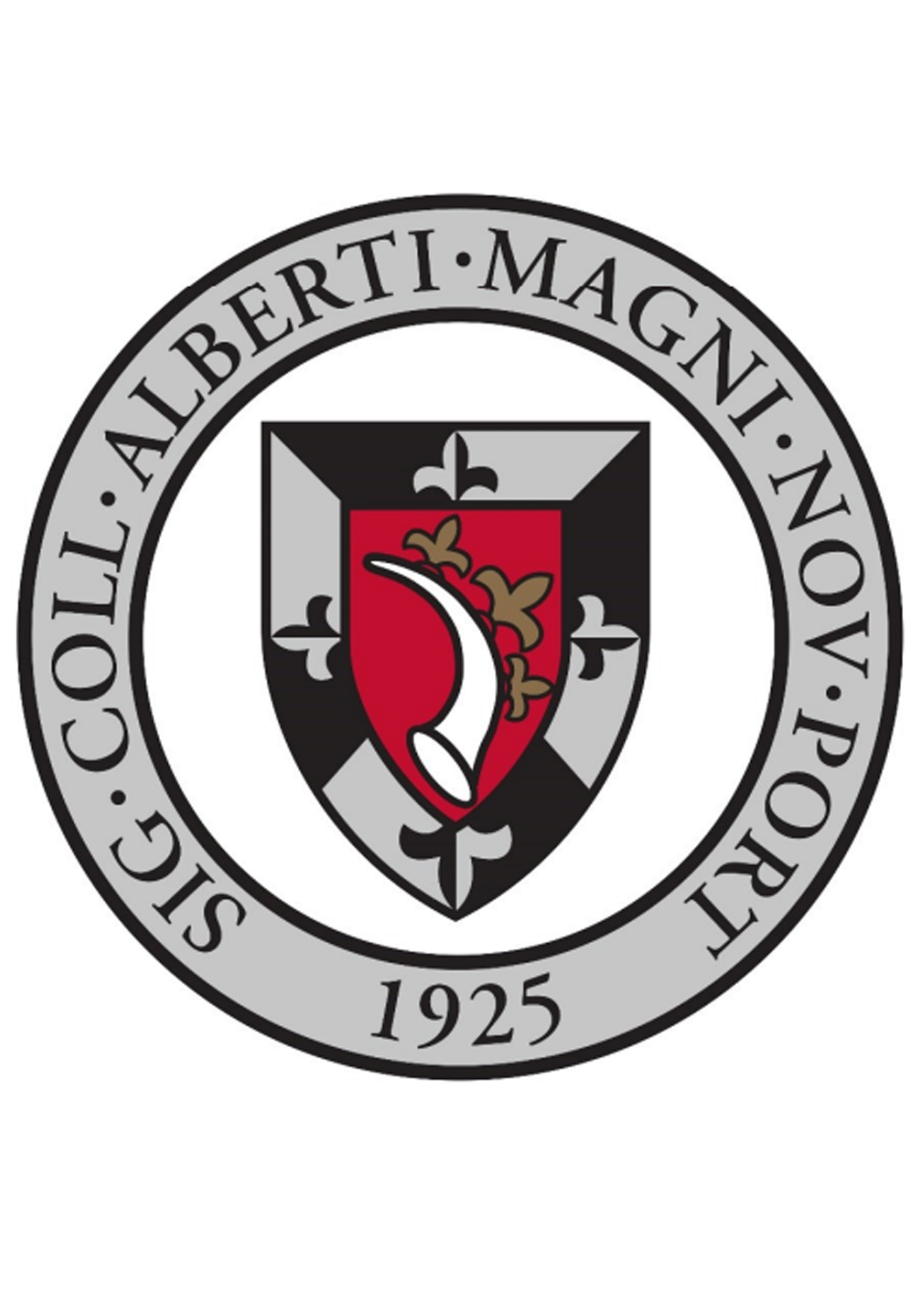
Albertus Magnus College
Intelligent Score: 86.80In-state: $34,410
Out-of-state: $34,410
In-state: $21,120
Out-of-state: $21,120
SAT: N/A
ACT: N/A
$782
Online, On-Campus
New England Commission of Higher Education
33
How to Choose an Online Master’s in Liberal Arts Program
Choose your area of study
This degree is typically offered as a Master of Arts (MA). The academic offerings of a liberal arts degree are broad, with coursework in philosophy, mathematics, the natural sciences, and social studies. Many students pursuing a master’s degree in liberal arts are attracted to its interdisciplinary nature.
Liberal arts programs, in general, are not subject-specific and appeal to a student’s desire to explore a variety of intellectual pursuits. However, some programs will allow you to select a concentration and focus your studies on a particular niche in this field, such as history, economics, or sociology. If you already know what you would like to do after you graduate, look for programs that closely match these career goals.
Research schools and programs
You should only apply to institutions that have been approved by a DOE-recognized regional accrediting organization, such as the New England Commission of Higher Education or Northwest Commission on Colleges and Universities. These organizations evaluate schools to ensure they provide students with a high-quality education. Those who attend a school that isn’t regionally accredited may be unable to access financial aid or transfer credits to another institution if needed.
Ideally, your master’s in liberal arts program will also be accredited by the American Academy for Liberal Education. This programmatic accrediting organization has particularly high standards for liberal arts education.
Accreditation aside, consider how the school offers academic and social support to its online students. Do they offer services such as advising and tutoring remotely? What are the technical skills and requirements you need for this program?
To learn more about any schools that you’re interested in, you can visit the school’s website, contact an admissions counselor, follow the school on social media, or attend an in-person or virtual open house.
Prepare for tests and applications
Every school will have different admissions prerequisites, but most will require transcripts showing that you completed an undergraduate degree program at an accredited college. Some master’s programs (but not all) will ask for Graduate Record Examination (GRE) scores, and many will set specific grade point average (GPA) requirements. Letters of recommendation and a personal statement may be required as well.
Contacting an admissions counselor is your best bet for staying on top of the application process. An admissions counselor can assist you with each step in the application process and get you in touch with professors or current students who can help answer your questions.
Select your program
During your research, you’ve likely selected several potential programs that match your educational goals. You may narrow this list down to one or choose to apply to all of them. Remember, there will be application fees, so you’ll want to budget for these costs. After seeing which institutions accept you, choose based on your life goals and where you believe you will be challenged and successful in your education.
Remember to reach out to each program’s online student support staff. This division should connect you with other resources, such as study groups, student meetups, and mentorship opportunities, which can help you narrow down your choices.
Before making your final decision, review your needs and goals again. Do you plan to attend school full-time or part-time? Do you want your program to be as online as possible, or are you fine with a hybrid program that has a fair amount of in-person requirements? Some programs offer asynchronous courses, which can be completed at your own pace, while others only offer synchronous courses, which involve remotely attending lectures and completing assignments at the same time as other students — which of these two online learning formats do you prefer? Your school should accommodate your scheduling needs and learning preferences.
Determine how you’ll pay for your degree
Many graduate students must at least partially finance their education through loans. You can begin this process by applying for federal student aid with the Free Application for Federal Student Aid (FAFSA). Your school’s financial aid office can help you find other sources of tuition assistance, such as grants, fellowships, or scholarships.
If you plan on keeping your employment while in school, ask your employer if tuition reimbursement is available. Similarly, veterans can take advantage of tuition benefits through the Department of Veterans Affairs.
What Can You Expect from an Online Master’s in Liberal Arts Program?
As you engage in your online program to earn your master’s in liberal arts, you’ll deepen your understanding of global and social issues, communication, leadership, philosophy, and literature. You’ll learn skill sets that will be useful for education, journalism, business, and nonprofit careers. Your problem-solving and critical thinking aptitudes will be challenged and developed, and you’ll begin to individualize your multidisciplinary approach to education.
Of the 30-36 credit hours it will take, on average, to earn your online master’s in liberal arts, approximately half of these courses will be electives. You can use electives to guide your interests and complete your program with a specific focus. These courses might include:
- Women’s studies
- Global human resources
- Sociology
- Behavioral economics
- Multicultural American literature
Most full-time students will complete a master’s in liberal arts in approximately two years, but part-time students can expect to take slightly longer.
Potential courses you’ll take in an online master’s degree in liberal arts program
- Liberal Arts and Professional Life. Students examine change, conflict, and resolution in a historical global context and will develop an understanding of these concepts as they relate to contemporary life.
- Environmental Issues in the Global Media. Students take a journalistic look at environmental issues around the globe to examine how the scientific, cultural, and political dimensions of environmental sustainability are portrayed in the media. Students explore not just environmental issues but how media coverage affects public perception.
- Composing Arguments. Students explore various models of argument, including persuasion, advocacy, consensus building, and classical rhetoric. Students will examine audience accommodation, research, tone, and revision.
- Science of Technology. Students follow the intertwined histories of science, technology, and society, focusing mainly on communication technology. Students study the basic principles of electromagnetism, acoustics, and quantum electronics to understand communication technology, from the telegraph to cell phones.
What Can You Do With an Online Master’s in Liberal Studies?
Career outlook
The career outlook for individuals with a master’s degree in liberal studies is promising, as it provides a unique combination of critical thinking, communication, research, and analytical skills that are highly valued in today’s job market. While the career paths may vary, the versatility of this degree allows graduates to adapt to a wide range of professions.
Job opportunities for individuals with master’s degrees in liberal studies can be found in sectors such as education, research, writing, and public service. Here are a few common career paths open to those with an online master’s in liberal arts degree:
- Writer or author — Develop novels, screenplays, advertisements, and other pieces of writing.
- Median annual salary: $73,690
- Projected employment growth (through 2032): 4%
- New job openings projected: 15,500 annually
- Advertising, promotions, or marketing manager — Plan promotional campaigns and supervise marketing staff.
- Median annual salary: $156,580
- Projected employment growth (through 2032): 6%
- New job openings projected: 34,000 annually
- Archivist, curator, or museum worker — Archivists authenticate and preserve historical documents and objects, while curators and museum workers acquire, maintain, and prepare items for collections and exhibits.
- Median annual salary: $57,120
- Projected employment growth (through 2032): 10%
- New job openings projected: 5,000 annually
Online Master’s in Liberal Arts Degree Frequently Asked Questions
How do I apply to an online master’s in liberal arts degree program?
To start the application process, begin with your school’s website to learn more about its admissions requirements and to contact an admissions counselor. Your counselor will be able to guide you through each step, but you’ll likely be required to submit the following documents:
- Undergraduate transcripts
- Letters of recommendation
- GRE scores
- Curriculum vitae
- Personal statement or letter of intent
Remember that it can take a while to gather all of the necessary materials, so make sure you allocate enough time in your planning to meet application deadlines.
How much does an online master’s in liberal arts degree cost?
To find the per-credit cost of your school’s program, search your school’s website or contact your financial aid advisor or admissions counselor. You can also research the course catalog for additional fees, such as software and technology fees, to figure out how much your program will cost.
On average, the per-credit cost for an online master’s in liberal arts degree typically ranges from $200 to $1,000. Therefore, most students can expect to pay between $6,000 and $36,000 for their degree.
How long does it take to earn an online master’s in liberal arts degree?
Typically, most online programs for a master’s degree in liberal arts are completed within two years for full-time students. If you attend school part-time, you may need 3-5 years to complete your coursework. However, some schools offer accelerated programs and dual-degree pathways, so if you choose one of these options, you can expect to follow a different timeline than what’s typical. Nonetheless, on average, most students will complete between 30 and 36 credits, no matter their chosen pathway.
Is an online master’s in liberal arts worth it?
Earning an online master’s degree in liberal arts can be worthwhile for individuals seeking diverse career opportunities and a well-rounded education. This degree equips graduates with valuable critical thinking, research, communication, and problem-solving skills, making them adaptable in various professions.
Additionally, the flexibility of online programs allows students to balance their studies with work and personal commitments, making it accessible and convenient. For those interested in careers that require a multidisciplinary approach, a master’s in liberal arts provides a strong foundation for success.
